Household Contents Insurance
Home – The private residential building (main building) situated at the risk address used for domestic purposes (for example a house, townhouse or flat).
Outbuildings, such as garages, storage rooms, garden sheds, Wendy houses, Zozo huts, greenhouses, staff quarters, studios, consulting rooms, flatlets, cottages, or any other building that is not attached or connected to the main building with an interleading door.
Household contents Household tangible and movable items kept at the risk address, that belong to you or for which you are legally responsible. It also includes installed fixtures and fittings that belong to you, for example as a tenant or as the owner of a sectional title building, if the fixtures and fittings are owned by you and you are financially responsible for the fixtures and fittings under your rental agreement, and we have agreed to it in writing.
The definition of Contents does not include:
○ Motor vehicles, motorcycles, golf carts, watercraft, aircraft, caravans, and trailers and their contents.
○ Animals including fish, reptiles, pets, and livestock
○ Water in tanks, swimming pools, spas, or any other water container.
○ Unset precious stones, individual stamps, or coins.
Unoccupied Your home and outbuildings are unoccupied if you or any of the people who usually live there or the person left on the premises in charge of and with access to the private residential building, have all gone out
Premises Your home, outbuildings and the grounds on which they are built
Standard construction Means that all buildings have been built with:
* walls of brick, stone or concrete and
* roofs of slate, tile, concrete, asbestos, or metal
Non-standard construction Means that a building has been built with material other than , such as a thatch roof or walls of wood
Paying guest A guest who stays at the home for a short period, without a contract, in exchange for a fee
Tenant A person who signed a rental agreement to live in the home for a set period. This includes sub-tenants
Subsidence, landslip, or ground heave Refers to the movement of the land that supports the home.
Subsidence means sinking, for example the vertical, downward movement of the soil.
Landslip means the sliding down of a mass of land. It is in effect a small landslide and it typically occurs on a slope.
Ground heave means the upward movement of soil supporting the home.
Collectables mean any item that is regarded as being of value or interest to a collector, for example firearms, stamps, coins, and medal collections.
What is your responsibility?
You must ensure that you always comply with the requirements, during the currency of your policy. If you do not comply with a specific responsibility the insurer may reject your claim.
Tell us if you change your address
You must tell us immediately if you permanently move to a new address or even if you are just storing some of your contents elsewhere. We may impose new terms, premiums, and conditions.
Tell us if you run a business from your premises
You must tell us immediately if you run a business from your premises. Your premises must always be predominantly used for residential purposes, and your business may not increase the risk of loss of or damage to your home or contents. We may impose new terms, premiums, and conditions.
Keep jewellery and watches in a safe
You must keep all jewellery and watches valued at more than the amount stated in the Schedule in a securely locked wall- or floor-mounted safe when not in use.
Provide us with valuation certificates
You must provide us with a valuation certificate from a registered jeweller or valuator for all items of jewellery, watches, and collectables when we ask for it. If you do not, the insurer will not pay more than the limit stated in the Schedule for jewellery, gold, silver, platinum, watches, and precious or semi-precious stones.
Do not leave the property unoccupied
You will not be able to claim for theft from your premises if they are left unoccupied for more than 60 consecutive days during any 12-month calendar period, unless we have agreed to it, or you told us it is a holiday home. The insurer may charge an additional premium to extend the cover.
You must tell us of the actions of your tenants
You must tell us as soon as possible if your insurance risk might be affected by the actions or neglect of your tenant living on the property. An example is if your tenant changes the security measures. In such cases, the insurer may impose additional terms, conditions, and exclusions.
Have these minimum security measures
Cover for theft or malicious damage is subject to you meeting the minimum-security requirements which we have agreed with you. The required security requirement for your home is stated in the Schedule and will be one of the following:
Burglar bars and security gates
If it was agreed that the minimum-security requirement is burglar bars and security gates, then the following conditions apply:
○ all opening windows must be protected by burglar bars
○ security gates must be fitted to all exit doors, and must be locked when your premises are left unoccupied
○ burglar bars and security gates must be maintained and in always working condition.
Alarm system
If it was agreed that the minimum-security requirement is an alarm system, then the following conditions apply:
○ the alarm must be linked to a 24-hour armed-response service
○ the alarm must be working properly and the contract with the armed response company must be active
○ you must change the generic code to your own unique code
○ if we asked you to, the alarm must be linked to an electric fence, or must include outside alarm beams
○ the alarm must be activated when your premises are left unoccupied.


